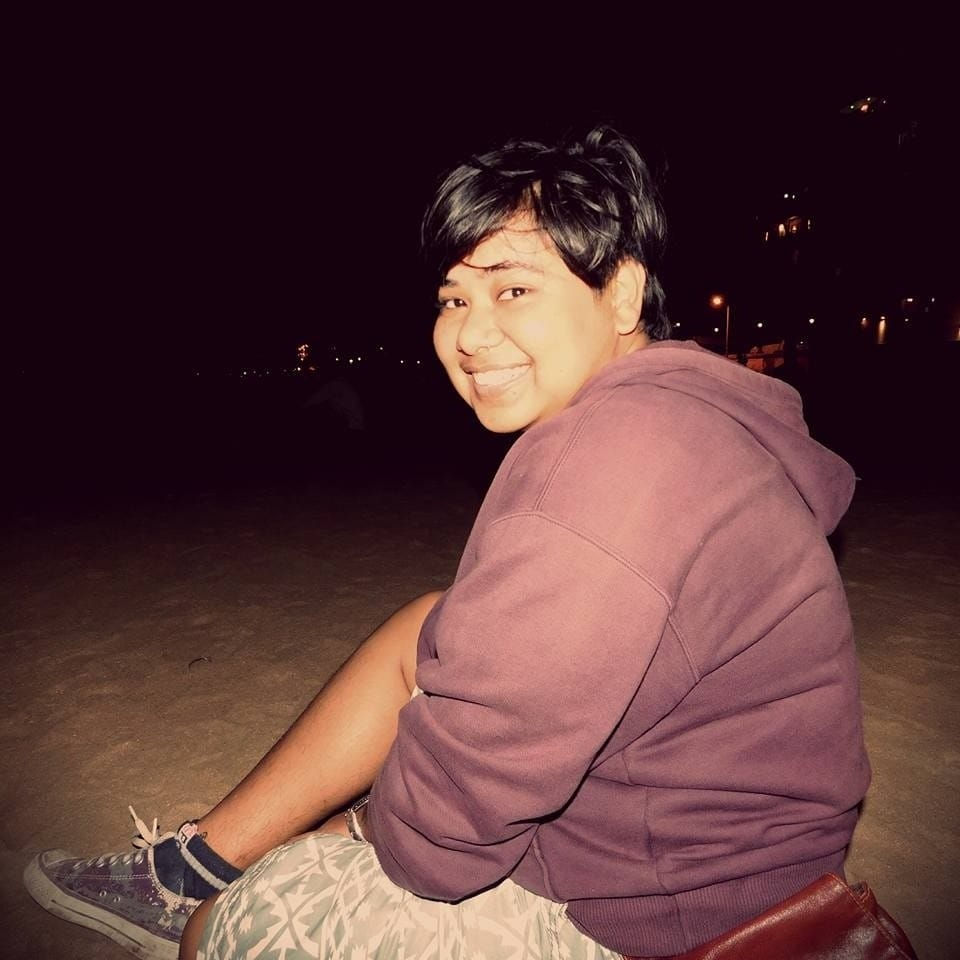Diti (he/they) is a trans masculine person who has been involved with queer, feminist and student movements. Diti is a researcher who looks at academics and activism as informing each other intrinsically, Their work focuses on gender, nationalism, queer politics and inclusive education. They are currently working in Sangat, a Feminist Network. Diti is also doing their PhD on the topic Queer Citizenship and Nationalism.

Comments